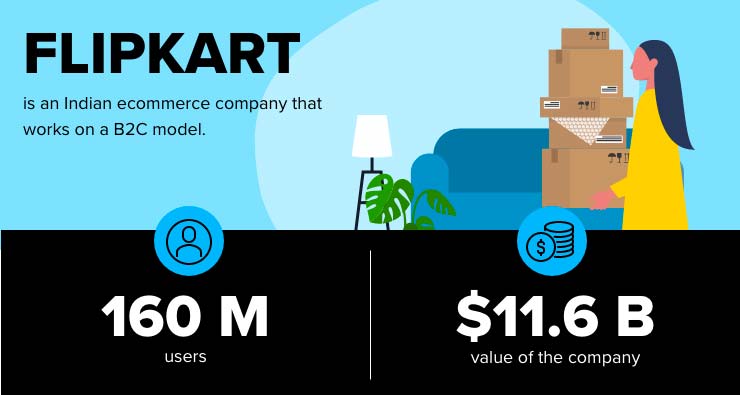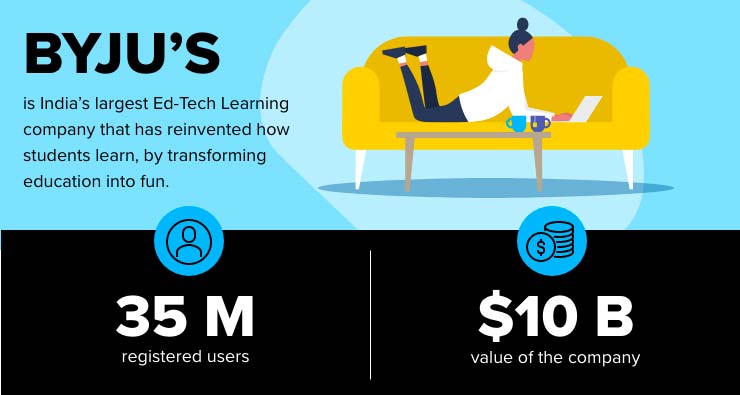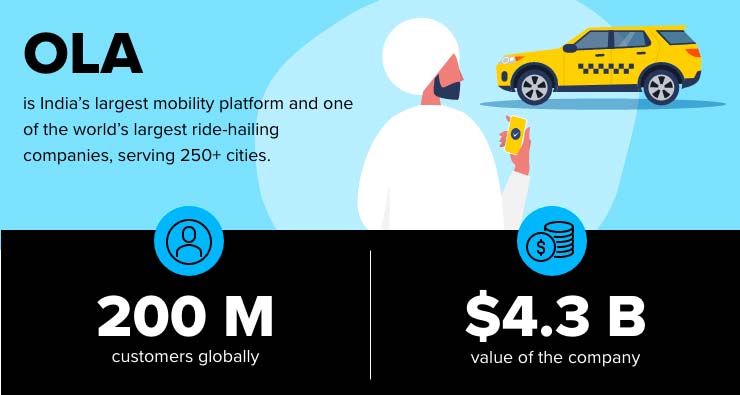How Bangalore's IT Ecosystem Made These 5 Startups Become Unicorns
In 2013, venture capitalist Aileen Lee coined the term “unicorn” to describe the extreme rarity of startups valued at $1 billion or above. Normally, the mythical creature is searched for endlessly and never found, but today, a decade later, there are 469 unicorns in the world!
31 of those unicorns originated in India, with Bangalore — the IT hub of the country, accounting for 14. And why is Bangalore’s IT ecosystem perfect for building the best tech businesses?
And that’s exactly why Bangalore has seen the success of so many tech companies over the last few decades. Here are five such Indian companies that took advantage of Bangalore’s IT ecosystem and became a unicorn.
1. Flipkart
On September 15th, 2007, in a humble two-bedroom Bangalore apartment, Sachin Bansal and Binny Bansal launched Flipkart — an online bookstore. With the promise to deliver books anywhere in India, their first order was from a young book enthusiast in Mahbubnagar. After 20 shipments that year, Flipkart was officially in business.
Because they saw great potential in Bangalore’s IT ecosystem, in 2008, they built their first office in the city. They also launched an online 24×7 customer service and shipped over 3,400 books that year. The next year, they hired their first full-time employee who would go on to become a millionaire. In September 2009, Accel Partners invested $1 million in Flipkart so that they could open offices in Delhi and Mumbai.

A year later, Flipkart launched its Ekart portal and expanded its product categories from books to music, games, movies, electronics, and mobile phones. The rest is truly history. After raising multiple rounds of funding and adding more product categories to their online marketplace, Flipkart crossed the milestone of 100 million registered users in September 2016.
Today, Flipkart has snapped the top spot on the list of Indian unicorns with a valuation of almost $15 billion. The company, which operates exclusively in India, employs more than 20,000 people and has 26 million registered users.
2. Byju’s
In 2003, during his two-month break from an overseas job as a service engineer, Byju Raveendran decided to help some of his friends appearing for CAT in Bangalore. As preparation, when he decided to take the test, he scored a perfect 100 percentile. Two years later, when he retook the test, he scored a perfect 100 percentile yet again.
However, he decided against pursuing an MBA and instead saw potential in teaching students how to crack CAT. Slowly and steadily, through word of mouth, the number of students who coached under him grew. In 2007, he began to teach 1000 students in an auditorium that he rented out.
By 2009, Byju was teaching in 9 different cities every week. Hopping between cities soon became overwhelming, and Byju began using videos to coach his students. In 2011, he started his company “Byju’s” with the help of a few students who had graduated from IIMs in the country.
Simultaneously, he also began creating core learning products for students from 4th grade to the 12th grade — a process that took almost 4 years. Byju’s dive into the online teaching world was well-timed, given the quick smartphone penetration that enabled easy access for a mobile-first country like India.

Today, Byju’s online and mobile products have reached students across India, both rural and urban. With over 35 million registered users and 3 million paid subscribers, Byju’s is one of the most successful unicorns in Bangalore’s IT ecosystem.
3. Ola
Born in Ludhiana, Bhavish Aggarwal, was just like every other success-driven entrepreneur. After working for Microsoft for two years, Bhavish started an online website called Olatrip.com that offered holiday packages and weekend trips. It was during this time that Bhavish had to travel from Bangalore to Bandipur, for which he rented out a car. However, the driver stopped the car in the middle of the journey and demanded a renegotiation of what Bhavish was paying him. After being refused, he proceeded to abandon him en route his destination.

This was when he realized how his situation was similar to many people across the country who struggle to find quality cab services. He saw the incredible potential and changed his business in 2010 from his earlier start-up to the one we know today — OlaCabs.
Know more about Bangalore's IT ecosystem
Post Your Ad Here
Comments